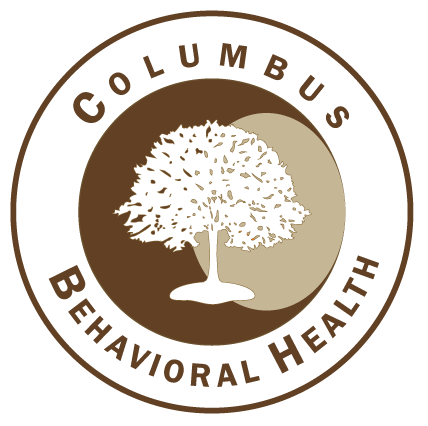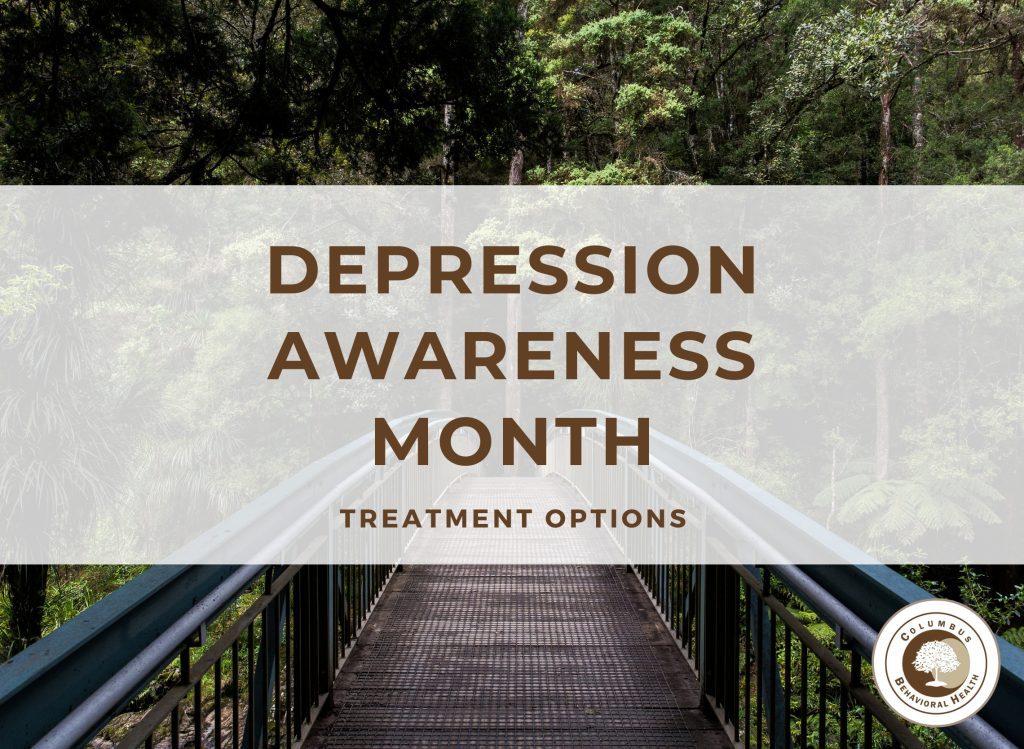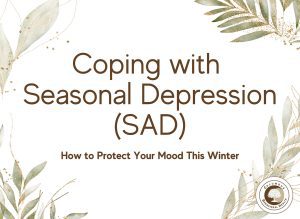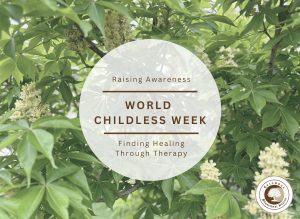Depression Awareness Month
Depression is one of the most common and serious mental health conditions worldwide. It affects how a person feels, thinks, and behaves, often leading to emotional and physical problems that can interfere with daily life. Understanding the signs, causes, and treatments helps reduce stigma and encourage people to seek help.
What is Depression?
Depression is the common cold of mental health, meaning sometimes you catch it. Sometimes you know when and where you came down with it (often following a difficult life transition such as a big move, school or job change, breakup, etc.) and sometimes it creeps up on you, such that you suddenly can’t remember the last time you felt like yourself. It’s best to think about depression as episodic, much like the way we think about common colds.
Also important to note: Depression is more than feeling sad or having a rough week. It involves persistent feelings of sadness, emptiness, or hopelessness that lasts at least two weeks and significantly impairs daily functioning.
What is a depressive episode?
You need at least five of these symptoms for two weeks or more to constitute a “depressive episode”:
• Persistent sadness or emptiness
• Loss of interest or pleasure in activities once enjoyed
• Fatigue or low energy
• Changes in appetite or weight
• Sleep disturbances (too little or too much)
• Difficulty concentrating or making decisions
• Feelings of guilt, worthlessness, or hopelessness
• Thoughts of death or suicide
A person experiencing several of these symptoms most of the day, nearly every day, for two weeks or longer should seek professional support.
What causes depression?
Depression arises from a combination of biological, psychological, and social factors. Common risk factors include genetic predisposition, chronic stress, trauma, major life changes, certain medications, or medical conditions. Chemical imbalances in brain neurotransmitters such as serotonin and dopamine also play a role.
What does treatment look like?
Depression is very treatable. Effective approaches include:
• Psychotherapy – Cognitive Behavioral Therapy (CBT), Interpersonal Therapy (IPT), and other types of talk therapy can help to manage thoughts, feelings and behaviors.
• Medication – Antidepressants balance brain chemistry for many individuals.
• Lifestyle – Regular exercise, healthy sleep, balanced diet, and social connection support recovery.
• Support groups – Sharing experiences helps reduce isolation and build coping strategies. Early treatment improves outcomes and prevents recurrence.
How can I help if someone I care about is depressed?
• Listen without judgment and show empathy.
• Encourage professional help rather than giving simple advice.
• Offer practical support — such as help with daily tasks or appointments. Ask what you can do to support them.
• If there are thoughts of self-harm, stay with the person and call emergency services or a suicide helpline immediately.
In the U.S., the Suicide and Crisis Lifeline is available by calling or texting 988.
What else should I know?
- Depression is not anyone’s fault.
- Depression is a medical condition that is highly treatable.
- You’re not alone and we are here to help.
- Talking to a counselor is a sign of health.
- You deserve to feel like yourself again.





